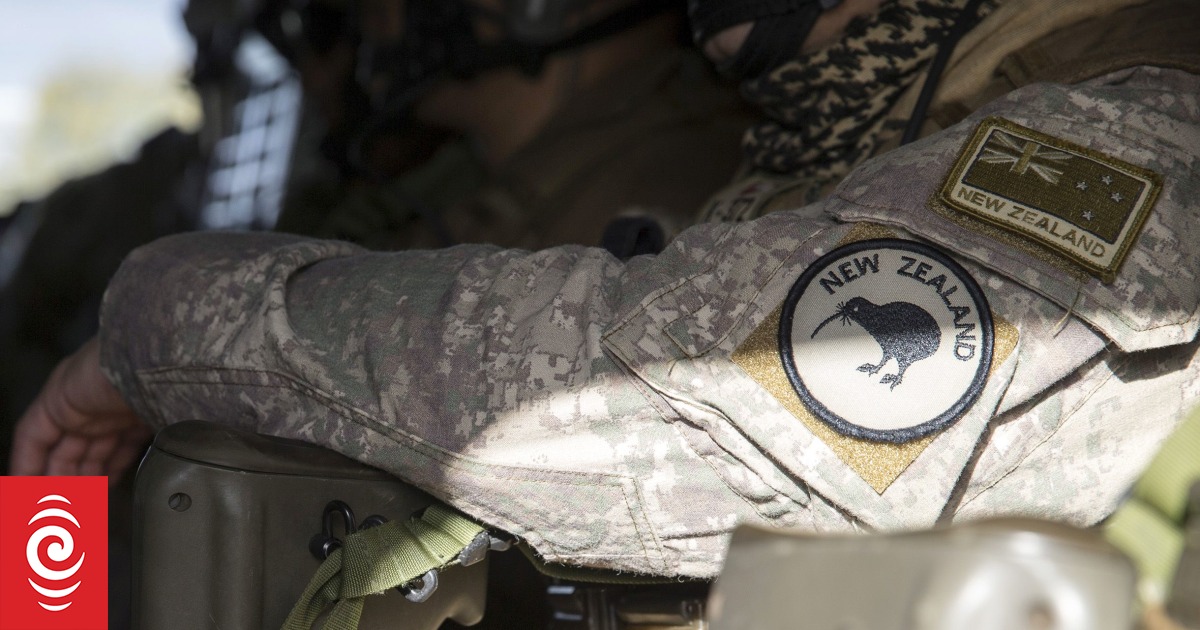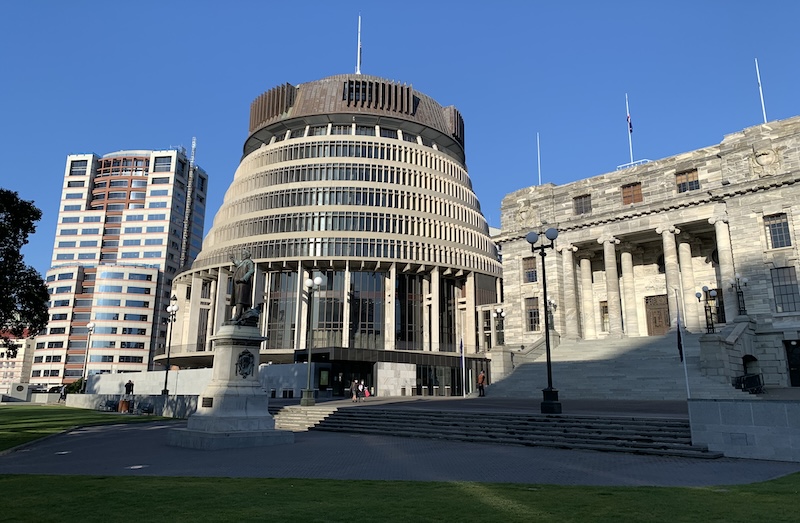Photo: NZDF / Supplied
Weak tarmac at air forces bases, failing accommodation and a deteriorating navy base are contributing to millions of dollars worth of maintenance costs for the Defence Force.
The Defence Force is getting a funding boost of more than $570 million in this year’s Budget, Defence Minister Judith Collins announced on Friday.
A lot of the funding will be spent on equipment upgrades and a pay package for frontline personnel.
But issues with Defence Force infrastructure have been well canvassed over the past year, with stories on the problems relating to accommodation on defence bases.
In documents earlier sent to a select committee, the Defence Force said $460 million was needed to keep existing assets in a reasonable condition.
If they did not get the funding, the documents revealed their assets would degrade faster and result in the need for unplanned repairs.
Defence Force also revealed some of the problems that made up the deficit.
Weak tarmac
Old or faulty tarmac at the Ohakea and Whenuapai air force bases meant aircraft such as the newly bought $2 billion P8-A Poseidons could only travel on specific parts of the airports.
A defence spokesperson said this was to minimise the risk of aged or damaged pavement producing debris which could inadvertently damage aircraft, particularly the engines.
The spokesperson said major works were underway or have recently been completed at both bases to address key areas that required repair.
They said pavement repair works have a planned annual budget of $270,000 but periodically capital injections would be required for planned large scale upgrades as has recently occurred on both bases.
Problems with silt, wharf facilities at naval base
The Devonport Naval Base on Auckland’s North Shore has been facing several costly issues.
One of these was problems with silt building up around the base’s naval sea areas which was impacting its dry dock operation.
The base’s wharf facilities were also deteriorating which led to difficulties when naval vessels used them.
The wharf facilities were also regularly affected by coastal flooding.
The Defence Force has been investigating the cost of staying at the Devonport Base and the need for a supplementary facility at Whangārei.
Poor accommodation
The accommodation for many Defence Force staff has also been adding to the bill the government agency needs to pay.
The documents stated that these included: failing hot water systems and failing plumbing which were requiring significant remediation and the relocation of families.
The flow on effects were creating “increasing dissatisfaction for members of the NZDF”.
Mould has emerged as a problem also because of damage to roofs.
The Defence Force has been forced to relocate some people into “sub-optimal” temporary facilities.
What the Budget might do to improve the situation
The upgrades announced on Friday include replacing Unimog and Pinzgauer trucks, improving helicopter navigation and better computer applications to detect maritime threats.
Collins said $163 million would go on salaries, a significant boost in pay rates and proof the government had their backs.
Another $408m will go toward projects and infrastructure.
The project funding will be broken down into $127m in operating funding and $281m in capital funding.
Specific projects for which funding has been allocated, subject to Cabinet approval, are:
- The next phase of an upgrade to the NH90 helicopter navigation systems and radios;
- upgrading the regional supply facility and logistics model at Linton Military Camp;
- modernising devices and productivity tools;
- upgrading some digital services; and
- improving national maritime domain awareness.
Attrition rates had dropped since last December, Collins said, with remuneration, more deployments and a sense that the government “had their back” helping to retain staff.
“Our people are at the frontline of New Zealand’s security in an increasingly unstable world and that increasingly unstable world makes it essential that we retain our hard-working and well-trained people who without hestitation deploy throughout the world,” Collins told an audience at the burnham Military Camp near Christchurch.





















Discussion about this post